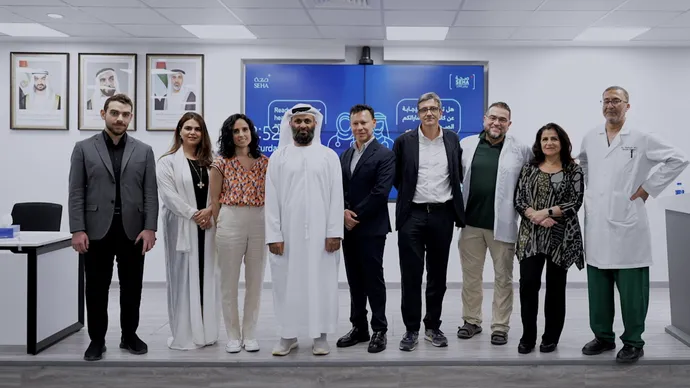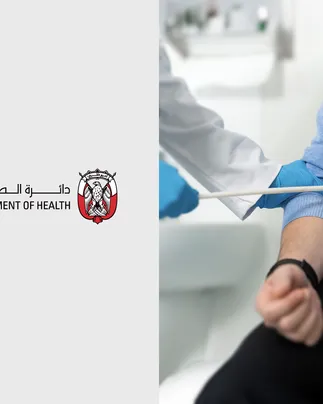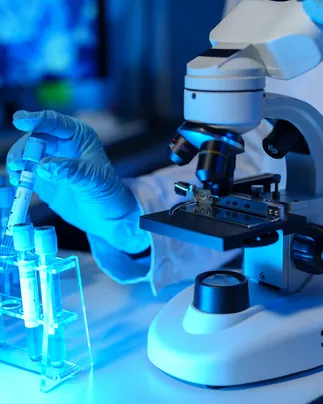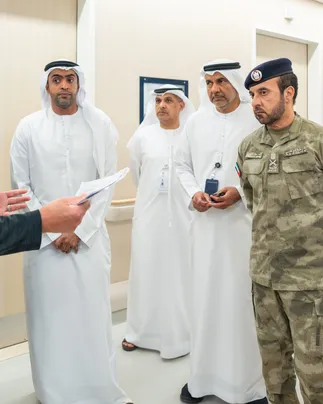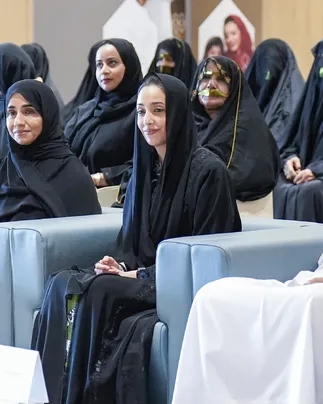As part of the Visiting Physicians Programme launched by the Department of Health – Abu Dhabi, SEHA, a subsidiary of PureHealth, a complex fetoscopic surgery to repair spina bifida was successfully conducted at SEHA Sheikh Khalifa Medical City (SKMC).
The minimally invasive procedure, which lasted 90 minutes, was performed on a foetus aged 25 weeks and weighing 800 grams. This milestone highlights Abu Dhabi’s position as a leading global hub for healthcare and its commitment to delivering the highest levels of quality and innovation across all specialties. The Visiting Physicians Programme aims to enhance knowledge exchange and foster collaboration with distinguished medical experts from around the world.
Spina bifida is a congenital defect that occurs when the spine and the membranes surrounding the spinal cord fail to close properly during early stages of pregnancy, which may result in neurological problems and long-term disabilities. In this case, the surgery was performed to close the spinal defect in the foetus with the aim of protecting neurological function, supporting mobility, improving bladder and bowel control, and enhancing brain development.
The surgical team was led by Dr Adel Al Junaibi, Consultant Paediatric Surgeon at SEHA SKMC, and included Dr Saif Al Islam Abdelsalam, Paediatric Surgeon at SEHA SKMC, and Dr Werner Gerhard Diehl, Consultant in Foetal Medicine at SEHA Corniche Hospital. They were joined by world-renowned experts from the US and Spain, including Dr Manuel Lopez, Consultant in Paediatric and Urology Surgery at Cleveland Clinic, Cleveland, Ohio; Dr Carlos Ginés Pratdesaba, Consultant in Foetal, Gastrointestinal and Thoracic Paediatric Surgery at Vall d’Hebron University Hospital, Barcelona, Spain; and Dr Remi Pereira Sari, Consultant Anaesthesiologist in Obstetrics, Gynaecology and Paediatrics at Vall d’Hebron University Hospital, Barcelona, Spain.
Dr Adel Ali Al Junaibi, Consultant Paediatric Surgeon at SEHA SKMC, said: “Prenatal repair of spina bifida significantly improves long-term outcomes, reducing the risk of paralysis and neurological complications while limiting the need for multiple surgeries after birth. Through early intervention, we are giving the child a better chance to walk independently and live a more active and fulfilling life.”
Dr Werner Gerhard Diehl, Consultant in Fetal Medicine at SEHA Corniche Hospital, said: “Fetoscopic repair of spina bifida is an intervention performed before birth to correct the defect. When carried out early, it improves mobility and reduces the risk of neurological complications without increasing risk for the mother. This procedure requires an exceptional degree of precision, extensive planning and training, and multidisciplinary collaboration. At the Foetal Medicine Centre at SEHA Corniche Hospital, we have performed more than 500 therapeutic interventions to date, achieving outcomes that meet global standards and placing us at the forefront of foetal care in the UAE and the region.”
The surgery began with the SEHA Corniche Hospital team performing an abdominal opening similar to a caesarean section, carefully accessing the uterus while maintaining the integrity of its wall. This critical step was executed with precision to avoid premature labour and ensure a sterile and safe environment for the foetus. Using ultrasound imaging to locate the foetus precisely, the Corniche team created the conditions necessary for the delicate procedure.
The paediatric surgery team from SEHA SKMC conducted the intricate repair of the spina bifida defect. Using specialised instruments and meticulous techniques, the spinal opening was closed to protect the exposed nerves and spinal cord, thereby improving the child’s function after birth.
The operation was performed using advanced fetoscopic techniques, enabling the surgical team to operate through extremely small incisions. Miniature instruments and a camera were inserted into the closed uterus to reach the foetus and repair the defect. The surgeons utilised just three incisions, each measuring only three millimetres, to carry out the procedure with high precision and minimal invasiveness. This approach accelerates recovery, reduces risks of complications, and preserves the uterine environment during healing. Following the successful closure, the SEHA Corniche Hospital team carefully closed the abdomen, allowing the pregnancy to continue safely until the planned delivery date.
Traditionally, such defects were treated only after birth, often resulting in more complex complications such as impaired mobility, bladder and bowel dysfunction, and multiple surgeries. With early intervention, the surgical team has reduced the risk of neurological damage and given the child a better chance at a healthier and more active life.


